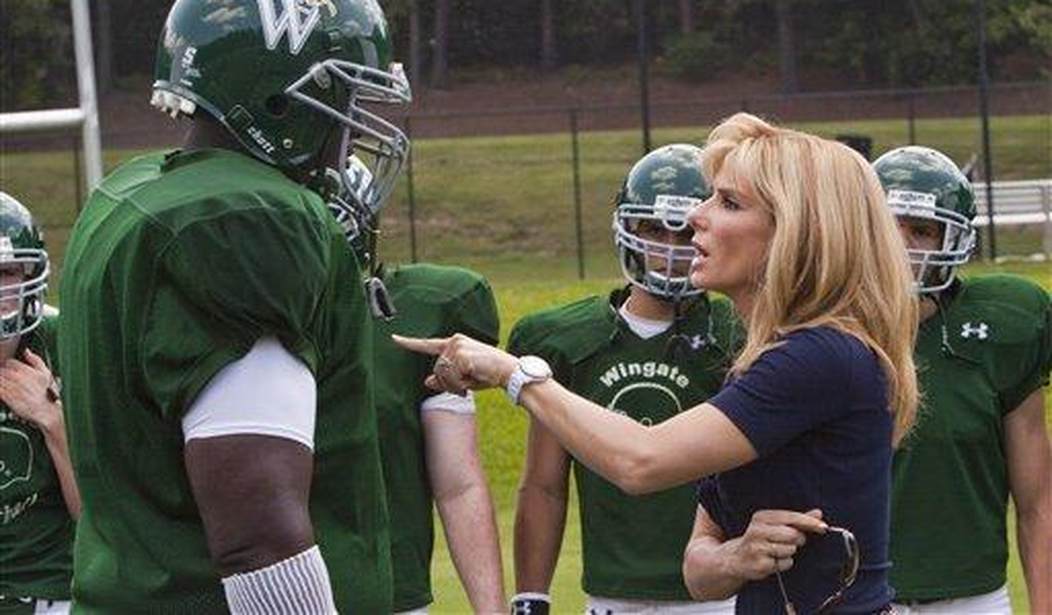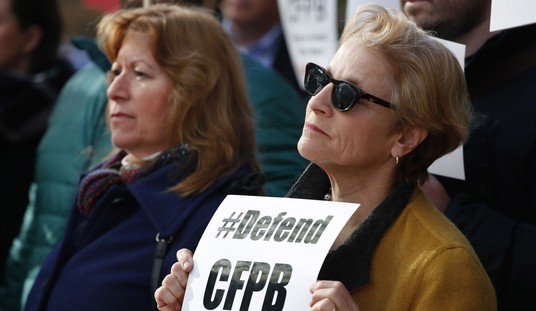The 2009 film The Blind Side was a popular feel-good blockbuster, and it also was the pinnacle of actress Sandra Bullock's career. She won the Best Actress Oscar for portraying Leigh Anne Tuohy, a well-heeled, Memphis interior designer who, with her millionaire husband Sean, took in a disadvantaged Black young man, and helped him get an education, play football, and get a scholarship to the University of Mississippi, or Ole Miss. The young man, named Michael Oher, was one of 12 children born to a drug-addicted mother. He went from foster home to foster home and had periods of homelessness. After Oher enrolled at Briarcrest Christian School and was coached by Hugh Freeze (now a coach at Auburn), Oher eventually started living with the Tuohys, who claimed they would legally adopt him. The movie glosses over that part and concludes with his college acceptance struggles and his admission to Ole Miss.
A star offensive tackle recruit, Oher signed with Ole Miss out of high school and became a unanimous All-American. He started 110 games in the NFL with the Ravens, Titans and Panthers before retiring in 2016.
It has been well documented that Oher never liked how he was portrayed in the film, saying that he was scrutinized through the lens of a celluloid character rather than by his ability to play the game.
"That's taken away from my football,'' Oher said. "That's why people criticize me. That's why people look at me every single play.''
Oher helped Baltimore win the Super Bowl in 2012 as its starting left tackle. (At media day ahead of the game, he also spoke out against "The Blind Side," saying, "I'm tired of the movie. I'm here to play football.")
Now Oher has taken his discontent further, filing a lawsuit. According to Oher, the Tuohys never adopted him. They deceived Oher and convinced him to sign over his legal authority to make financial and business decisions, allowing the Tuohys to make them on his behalf. Oher says he never received any proceeds from the book based on his life or the blockbuster film which grossed over $300 million.
Retired NFL star Michael Oher, whose supposed adoption out of grinding poverty by a wealthy, white family was immortalized in the 2009 movie "The Blind Side," petitioned a Tennessee court Monday with allegations that a central element of the story was a lie concocted by the family to enrich itself at his expense.
The 14-page petition, filed in Shelby County, Tennessee, probate court, alleges that Sean and Leigh Anne Tuohy, who took Oher into their home as a high school student, never adopted him. Instead, less than three months after Oher turned 18 in 2004, the petition says, the couple tricked him into signing a document making them his conservators, which gave them legal authority to make business deals in his name.
The family reunions were pretty tense after the 2009 movie. They must be nonexistent at this point.
The petition further alleges that the Tuohys used their power as conservators to strike a deal that paid them and their two birth children millions of dollars in royalties from an Oscar-winning film that earned more than $300 million, while Oher got nothing for a story "that would not have existed without him." In the years since, the Tuohys have continued calling the 37-year-old Oher their adopted son and have used that assertion to promote their foundation as well as Leigh Anne Tuohy's work as an author and motivational speaker.
"The lie of Michael's adoption is one upon which Co-Conservators Leigh Anne Tuohy and Sean Tuohy have enriched themselves at the expense of their Ward, the undersigned Michael Oher," the legal filing says. "Michael Oher discovered this lie to his chagrin and embarrassment in February of 2023, when he learned that the Conservatorship to which he consented on the basis that doing so would make him a member of the Tuohy family, in fact provided him no familial relationship with the Tuohys."
The legal ramifications will unfold as the suit goes forward. The personal ramifications? Sadly, Oher has often expressed his own pain over the Tuohys' portrayal of his story and his inability to bypass that portrayal to forge a path of his own. This lawsuit may be the starting place where he reclaims his story for himself.
Oher's petition asks the court to end the Tuohys' conservatorship and to issue an injunction barring them from using his name and likeness. It also seeks a full accounting of the money the Tuohys earned using Oher's name, and to have the couple pay him his fair share of profits, as well as unspecified compensatory and punitive damages.
"Since at least August of 2004, Conservators have allowed Michael, specifically, and the public, generally, to believe that Conservators adopted Michael and have used that untruth to gain financial advantages for themselves and the foundations which they own or which they exercise control," the petition says. "All monies made in said manner should in all conscience and equity be disgorged and paid over to the said ward, Michael Oher."
Despite the film's popularity among the general public, many Black Americans disliked it for a number of reasons. Personally, I felt there were better stories from people of any color that could have been told. It all came off too convenient and manufactured. In typical Hollywood fashion, it seems that may well have been the case.
The Black activists and other social justice types are having a field day with this news, of course. More grievance, and it's another day ending in "Y."
Black voices should be the ones telling their own stories, without the need for White people trying to take the limelight. This leads me to an important question: Where do we draw the line between White people genuinely wanting to help others and White saviorism where it is done in a self-serving manner?
This particular lawsuit and the Tuohys' alleged behavior certainly don't help the cause of those who have truly helped others less fortunate and those who may genuinely want to.














Join the conversation as a VIP Member